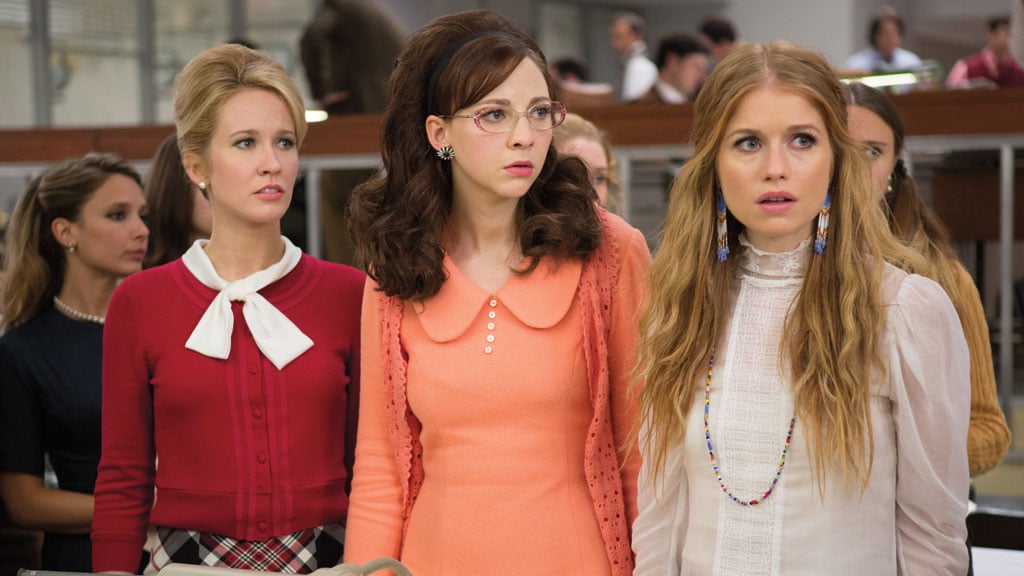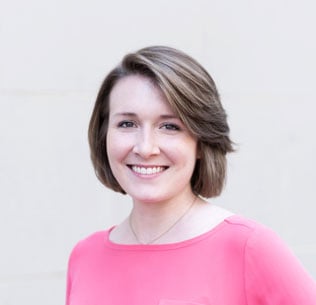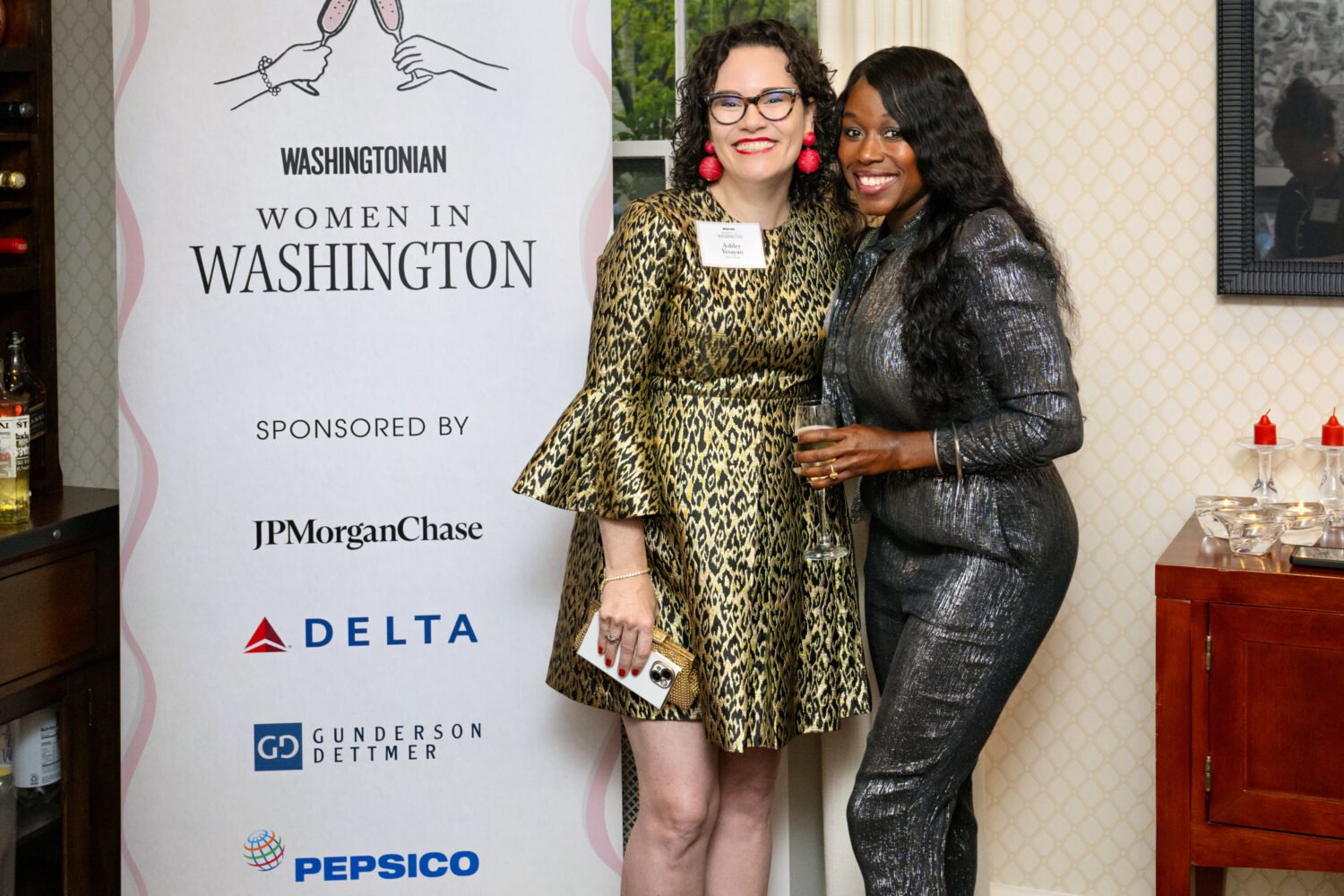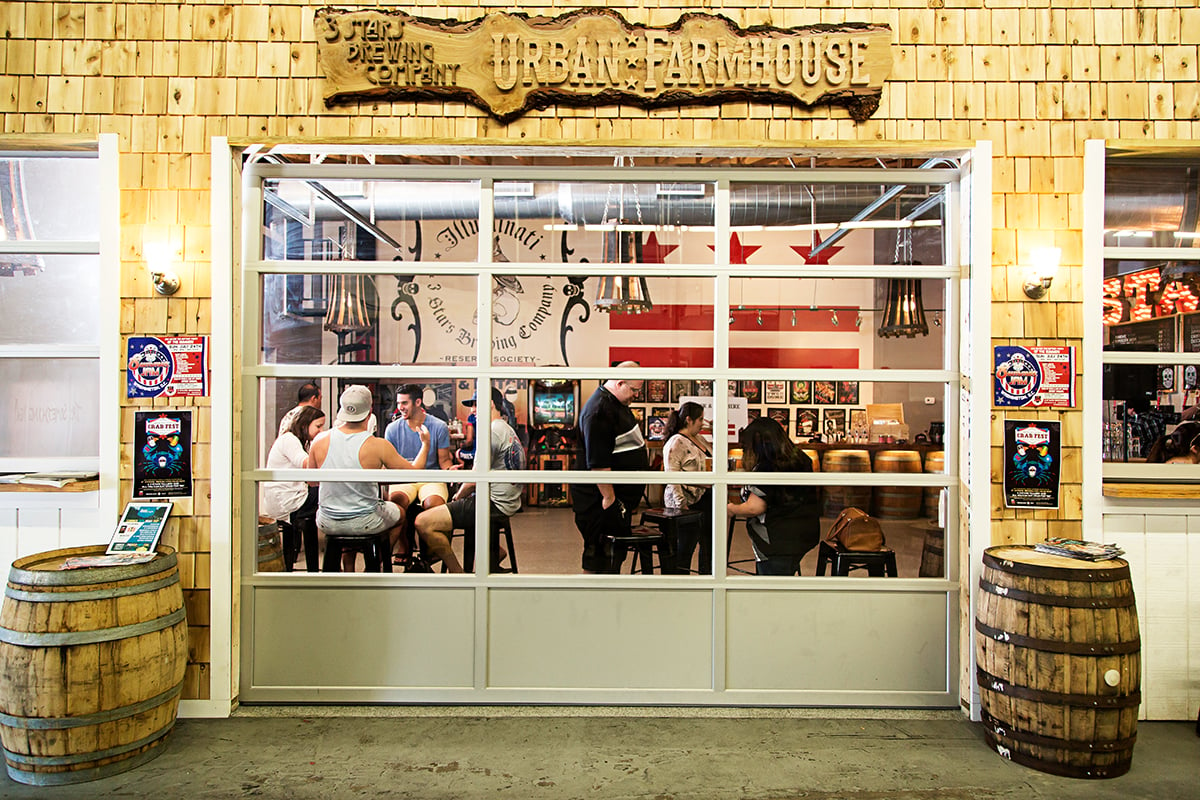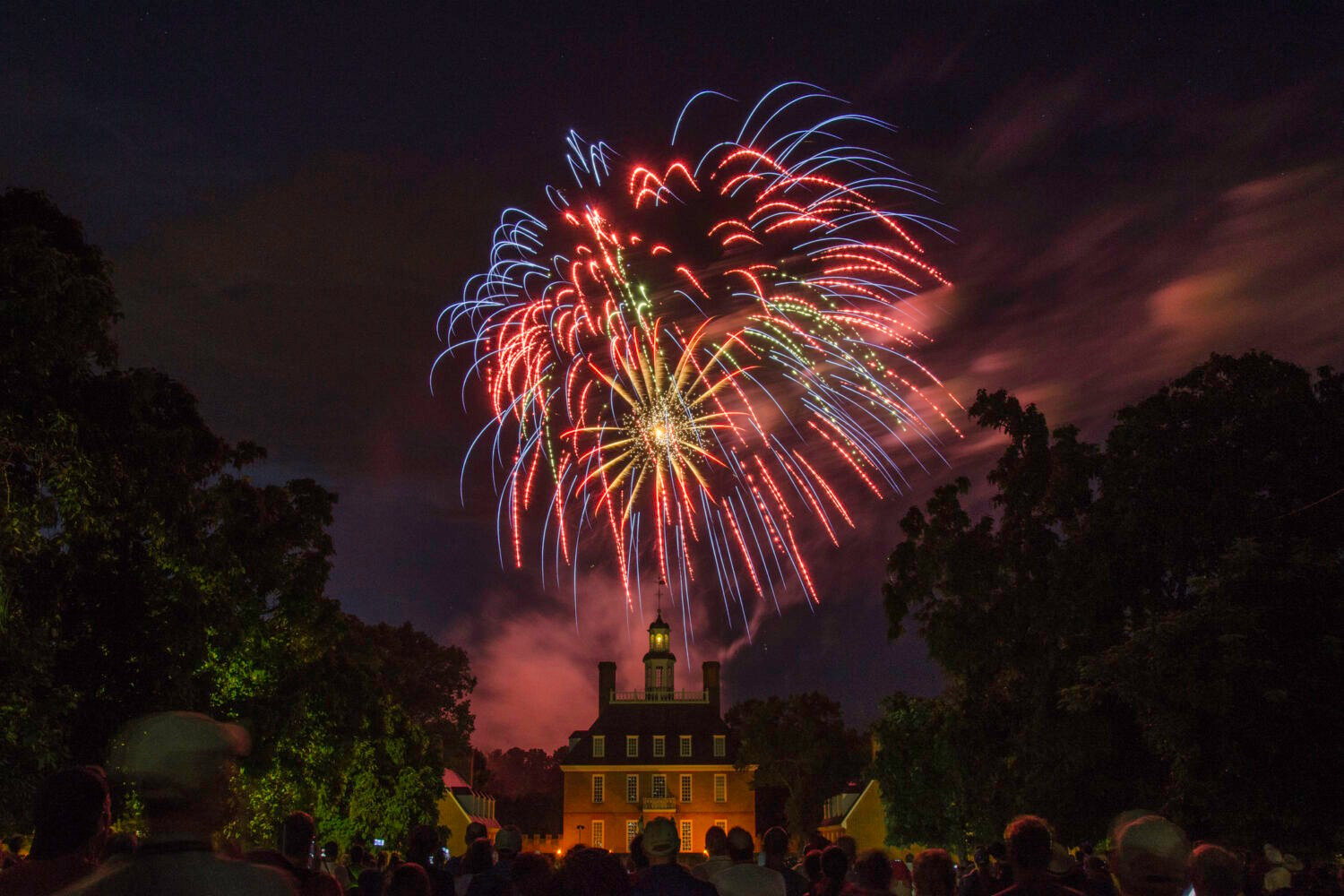For those who haven’t yet binge-watched the Amazon series, which was released on October 28, Good Girls Revolt is inspired by the sex discrimination lawsuit of Lynn Povich and her peers against their employer, Newsweek, in 1970. The women were represented by Eleanor Holmes Norton, and Povich chronicled their case in her book The Good Girls Revolt.
On Saturday night, the stars of the television show—including Anna Camp, Genevieve Angelson, Erin Darke, and Joy Bryant—gathered for a panel discussion with the real-life “good girls,” Povich and Norton. The panel was hosted at the Newseum by NPR, with NPR’s Pop Culture Happy Hour host Linda Holmes moderating the conversation.
While one can only imagine the conversation about women’s rights and the significance of the show might have gone differently had the results of the presidential election gone differently, one main theme prevailed throughout the evening: women have got to band together.
Throughout the ten-episode Good Girls Revolt season, the young journalists attend secret “consciousness-raising meetings” where they discuss the unfair treatment they’re encountering and what they plan to do about it. The plot of the show follows as the women learn that they have the power to sue their employer for equal opportunity and as they work to sway their fellow females to their cause. As Washingtonian sat down with the cast of Good Girls Revolt prior to the panel discussion, it became clear that consciousness raising and women banding together over a common goal isn’t a thing of the past.
In fact, Bryant, who portrays Norton in the series, said that she wants viewers to take away from the show that it “isn’t just a thing that happened years ago.”
“We’re still fighting these battles, and it’s good to see and to really embrace and understand the fight that the women who came before us had to go through—that we’re standing on their shoulders, and we can’t take anything for granted and we can’t be complacent at all,” said Bryant. “No one can stand on the sidelines anymore, whether it’s for women’s rights or just human rights.”
Darke, who portrays the married caption writer Cindy Reston, said that though she cried a lot on November 9, she also sent out an email to 25 women she knew to start a conversation about what they could do. When we spoke on Saturday night, Darke said that the email chain was at least 63 emails long.
“One of the parts I found most moving about filming the show was the consciousness-raising meetings…that feminism as a word includes the idea of community,” said Darke. “Wednesday night, I had just come back from a protest, and I was just feeling so, like, broken and upset, and I was like, What can I do? And I wrote an email. Because I do think the community of women and the community of minorities and the community of people who feel themselves in danger or feel the ones they love in danger, have to come together. There is only strength in numbers.”
Angelson, who portrays the hippy researcher Patti Robinson, said that she another woman at an industry event had told her that her group of friends had gathered together to start making a game plan.
“These satellite consciousness-raising groups are popping up,” said Angelson.
During the panel discussion, Norton echoed the importance of finding strength in numbers, commenting that though the women she’d represented in 1970 had everything to lose, “they had the good sense to organize,” gathering the voices of many women together to plead their case.
In some respects, the panel discussion turned into a consciousness-raising meeting of its own, as the actresses discussed their fight against sexism in Hollywood. Angelson also told the crowd that within the past two months, she’d been groped. And while she said she had herself confronted the man who’d done it, Norton used it as an example of the great need for women to come together, as they did in 1970, rather than confronting assailants individually.
“If you want to deal with it one by one, prepare to deal with it until you’re too old to be groped,” said Norton.

